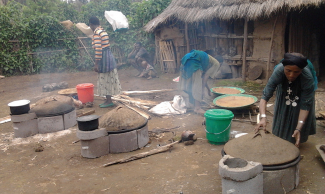EfD supports the monitoring and evaluation of Ethiopia’s green growth plan
After the Copenhagen Climate Conference in 2009, the Ethiopian government developed a Climate Resilience and Green Economy (CRGE) strategy. It has become a central element of the country’s development

